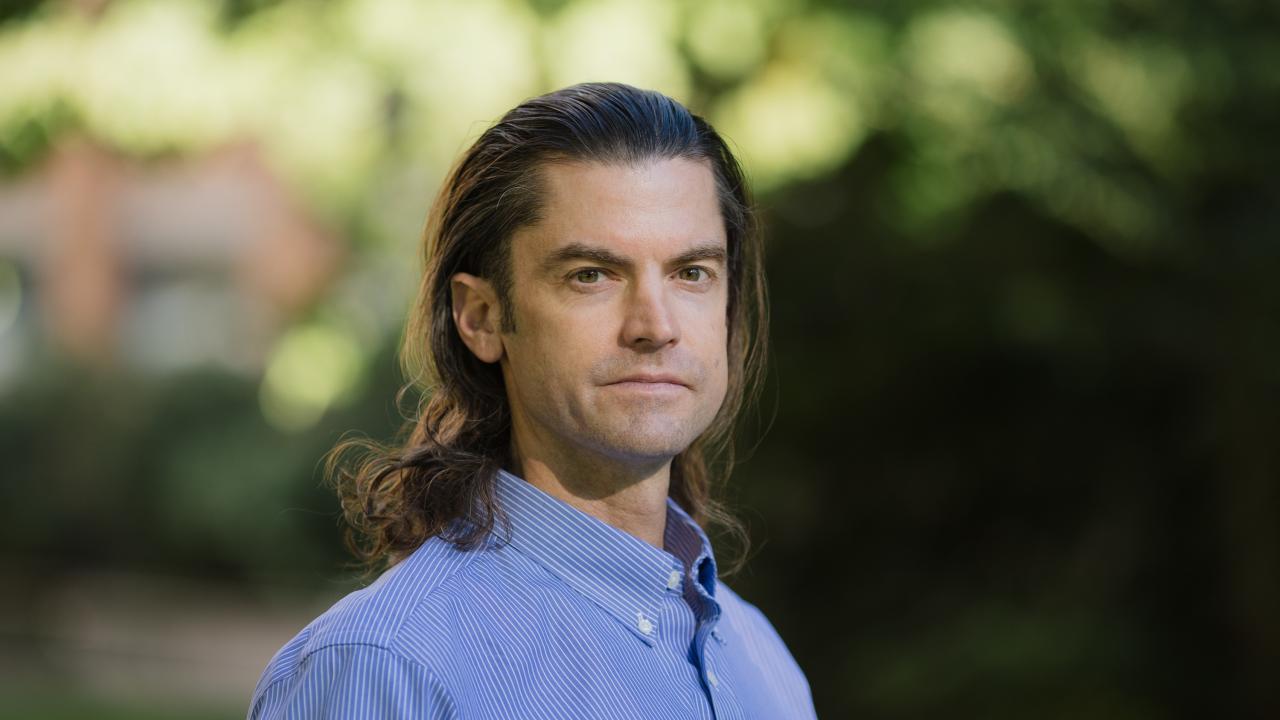
Event Date
A recording of this presentation is available to UC Davis affiliates here.
CHET MORITZ, PHD
CJ & Elizabeth Hwang Endowed Professor
Electrical and Computer Engineering
Rehabilitation Medicine
Physiology & Biophysics
Co-Director, Center for Neurotechnology
University of Washington, Seattle
Host: Carolynn Patten, PT, PhD, cpatten@ucdavis.edu
Due to illness, the speaker had to cancel travel plans. Please register here to attend the seminar presentation remotely: https://tinyurl.com/NeuroengNov24
This is an in-person event. Please register here: https://tinyurl.com/Neuroeng-Nov24

Registration for remote attendance is limited to colleagues from the Sacramento campus and those working remotely: https://tinyurl.com/NeuroengNov24
Abstract
Neuroprosthetic devices have tremendous potential to improve quality of life after brain and spinal cord injury. Neuroprostheses that record and stimulate neural activity have progressed from animal studies to human trials, including the approach of using activity recorded from the brain to control Functional Electrical Stimulation (FES) and epidural spinal stimulation and restore movement to paralyzed muscles. Another promising method for restoring movement and enhancing rehabilitation is direct stimulation of the spinal cord. Both transcutaneous and epidural stimulation can activate neural circuits distal to an injury, leading to both direct muscle contraction and facilitating long-term neuroplasticity and recovery that restores volitional control of movement for months after the stimulation is discontinued. Optogenetic stimulation of the spinal cord is another promising approach to achieve specific neural activation and long-term recovery after spinal cord injury. In addition, we leverage neural recording and stimulation techniques to create closed-loop approaches to improve function and quality of life after brain and spinal cord injury.
Bio
Chet Moritz received his PhD from the University of California, Berkeley, studying the neuromechanics of human movement. A post-doc at the University of Colorado introduced him to the neural control of dexterous hand movements, while a second post-doc at the University of Washington began his interest in brain computer interfaces and neural devices to treat paralysis. He is now the CJ and Elizabeth Hwang endowed professor in the departments Electrical and Computer Engineering, Rehabilitation Medicine and Physiology & Biophysics at the University of Washington (UW) in Seattle. He also serves as the Co-director for the Center for Neurotechnology, an interdisciplinary group of engineers, neuroscientists and clinicians at UW, MIT, Caltech and San Diego State University. He and his research team focus on developing and testing novel neurotechnologies to restore movement and other functions after spinal cord injury, stroke, and for children with cerebral palsy.
